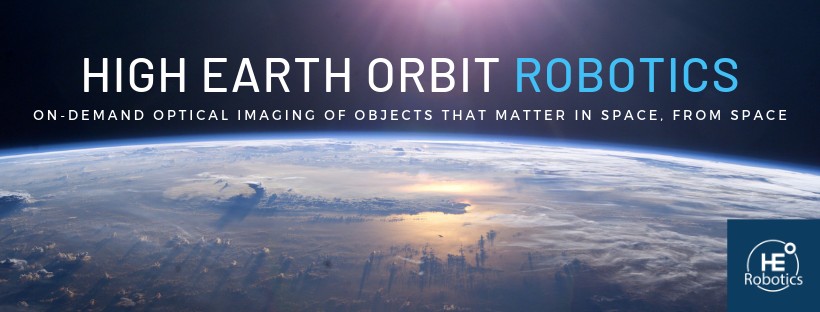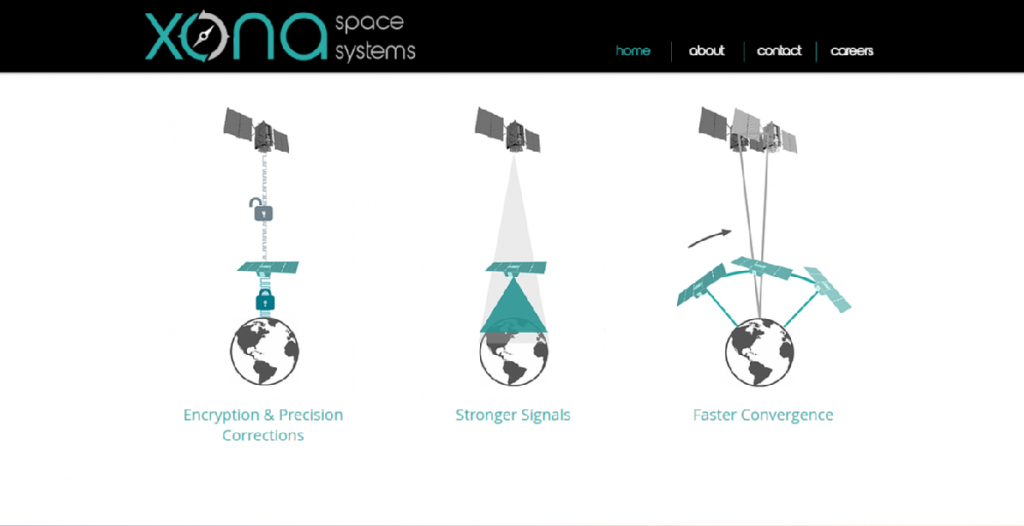
Dr. Tyler Reid, co-founder and CTO of Xona Space Systems, discusses a new type of global navigation satellite system (GNSS). Xona Space Systems plans to provide centimeter-level positioning accuracy and will serve the emerging autonomous vehicle community, where precise navigation is key. Reid discusses the advantages and technical challenges of a low Earth orbit (LEO) solution.
Tyler Reid
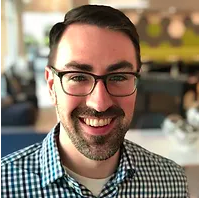
Tyler Reid is co-founder and CTO of Xona Space Systems. Previously, Tyler worked as a Research Engineer at the Ford Motor Company in localization and mapping for self-driving cars. He has also worked as an engineer at Google and as a lecturer at Stanford University, where he co-taught the GPS course. Tyler received his PhD (2017) and MSc (2012) in Aeronautics and Astronautics from Stanford and B.Eng. (’10) in Mechanical Engineering from McGill.
Links
- Download mp3
- Subscribe to Robohub using iTunes, RSS, or Spotify
- Support us on Patreon
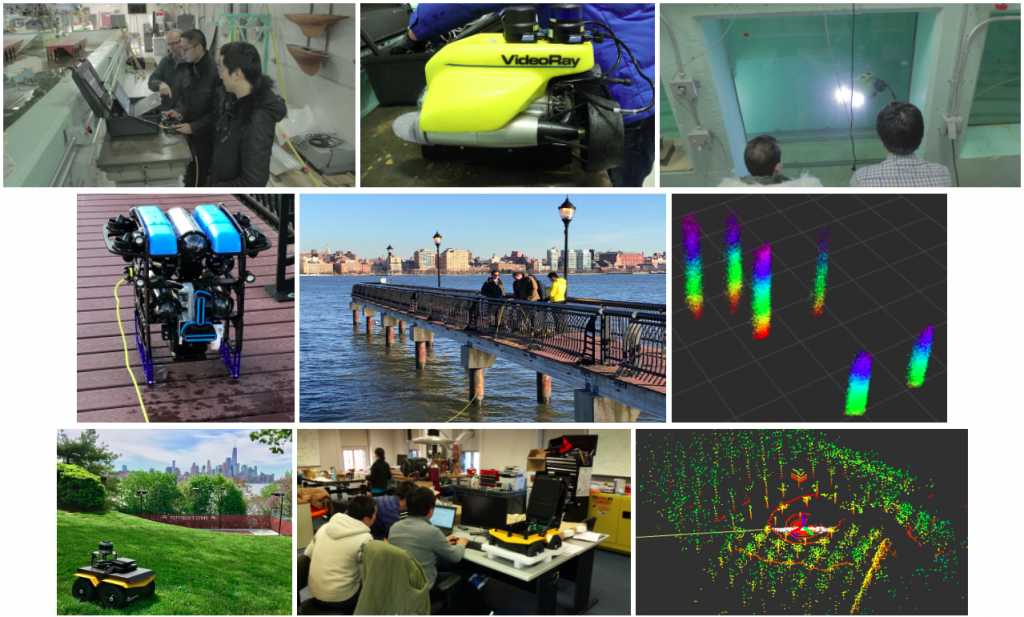
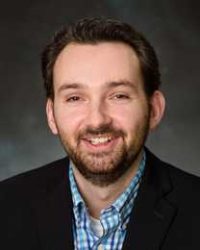

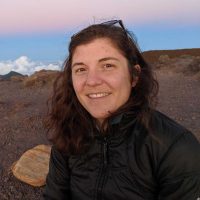
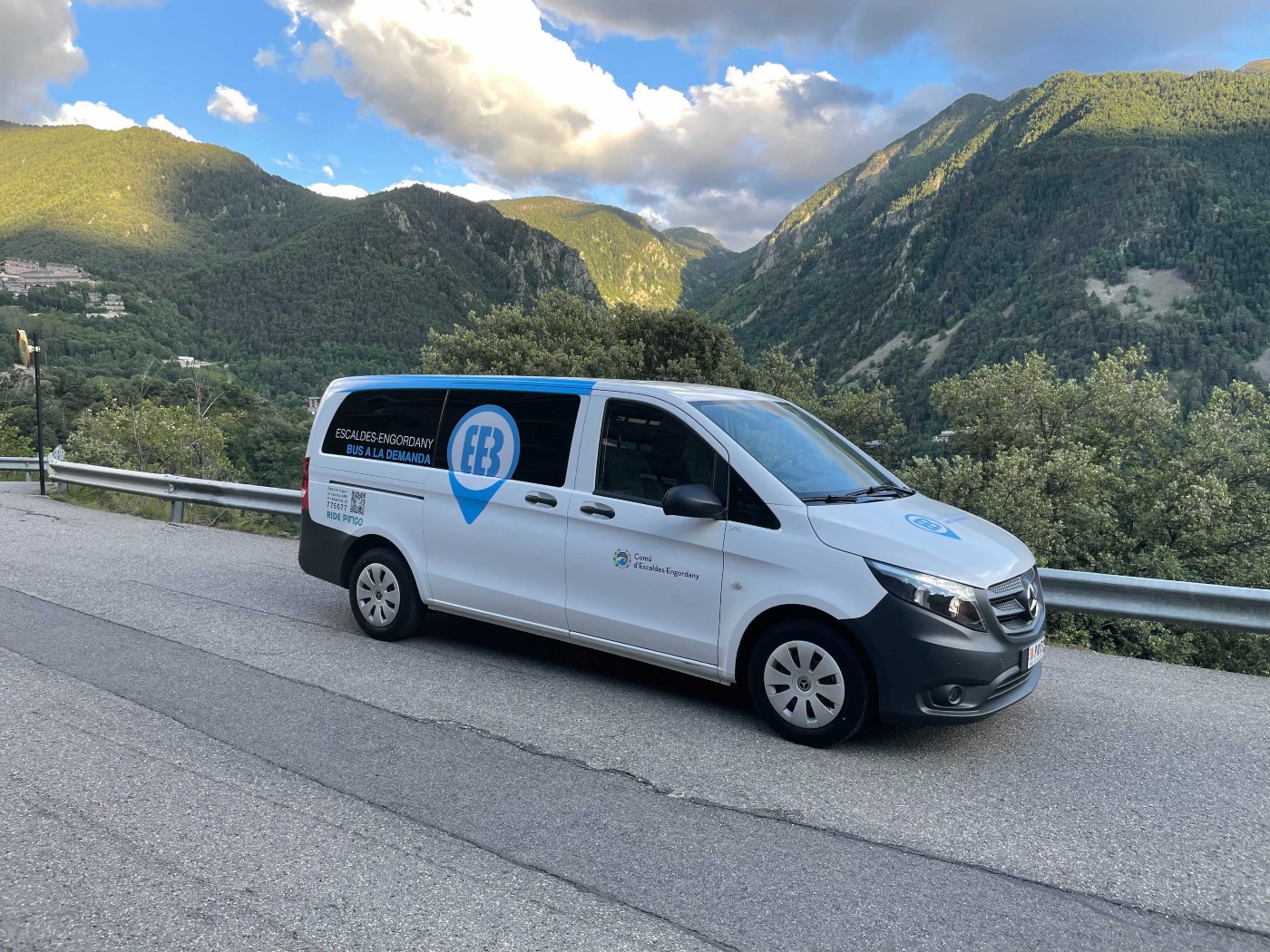
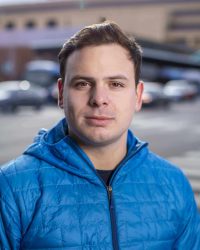
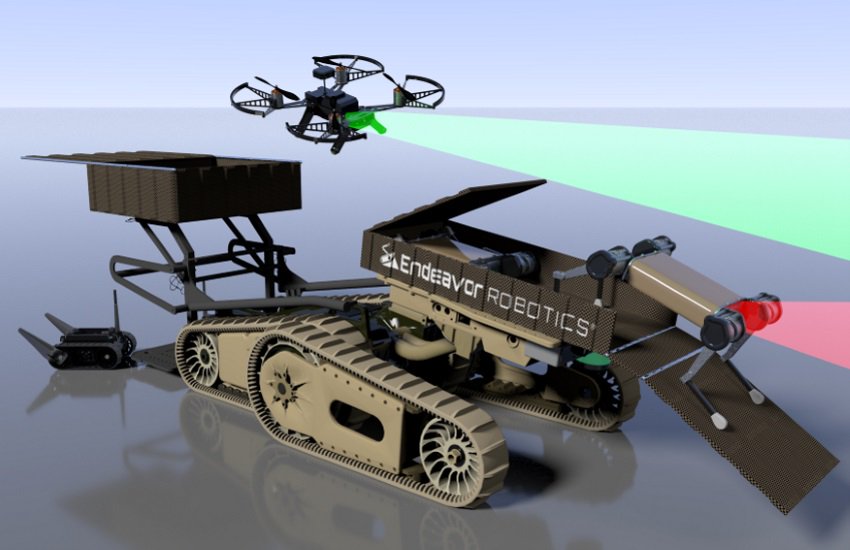
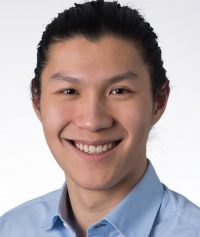
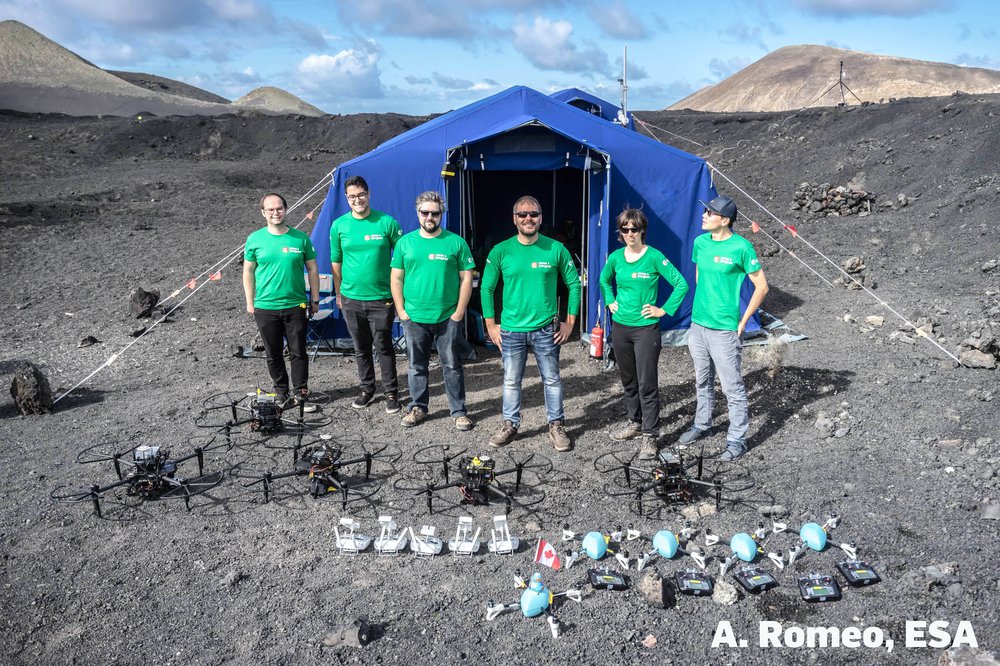
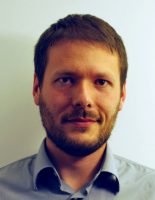
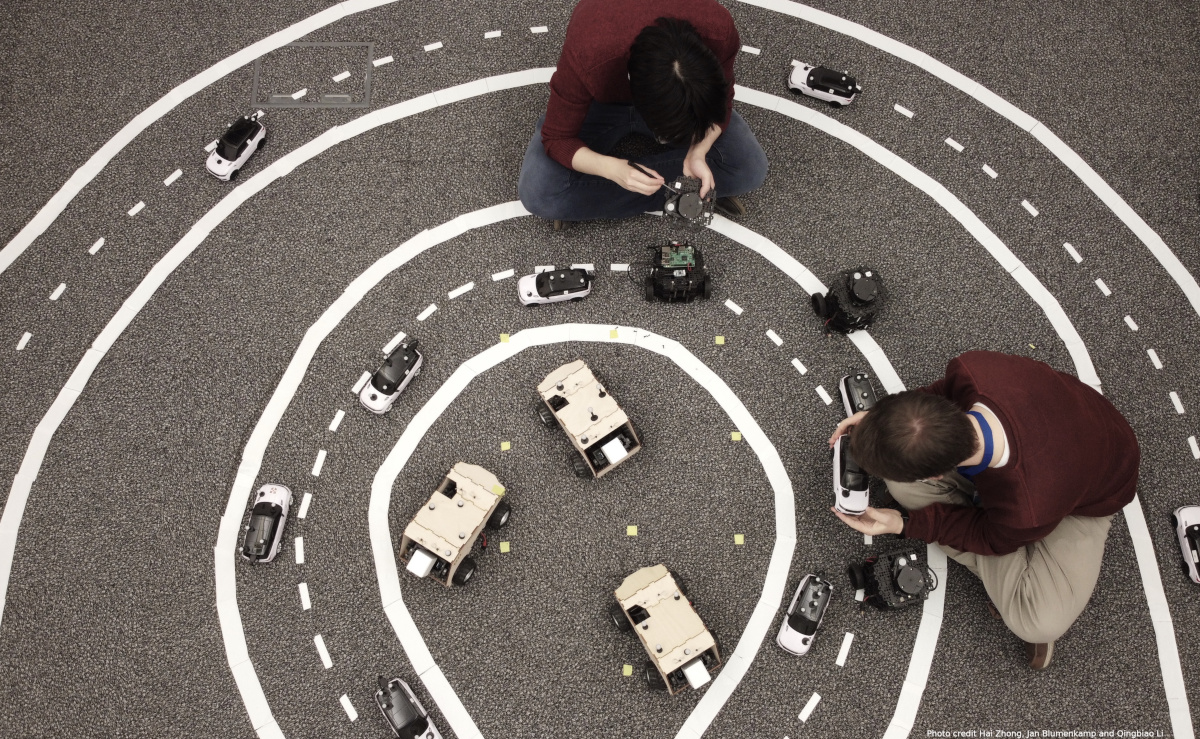
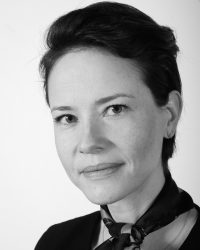
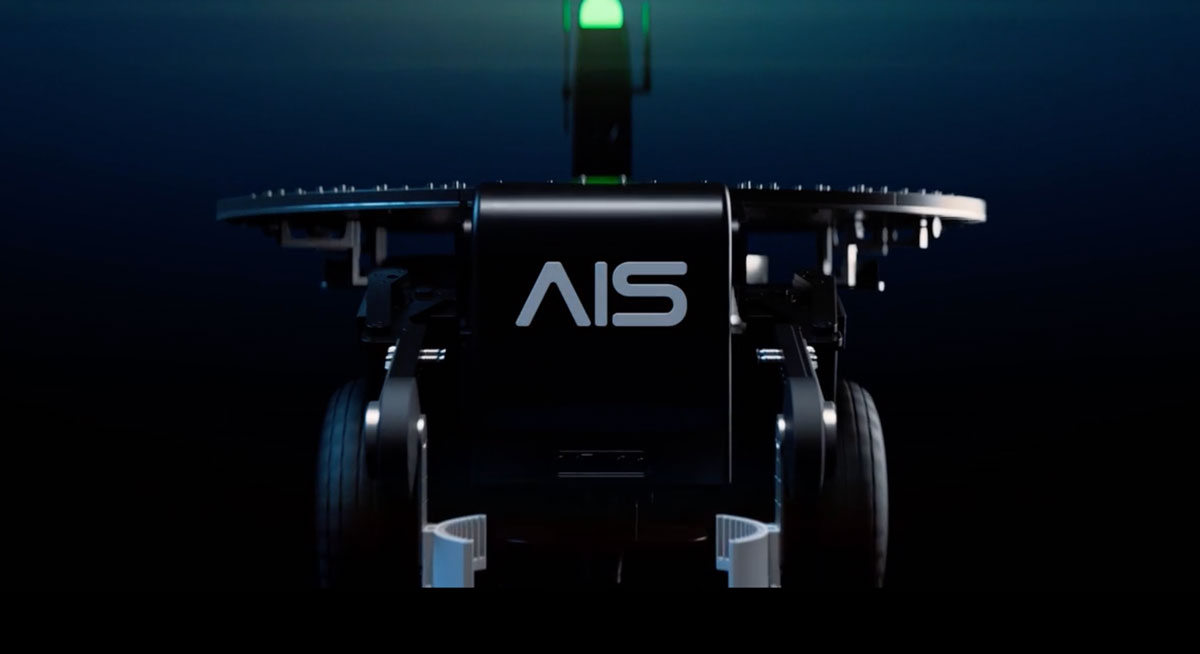
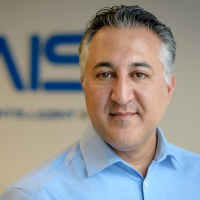 Afshin Doust
Afshin Doust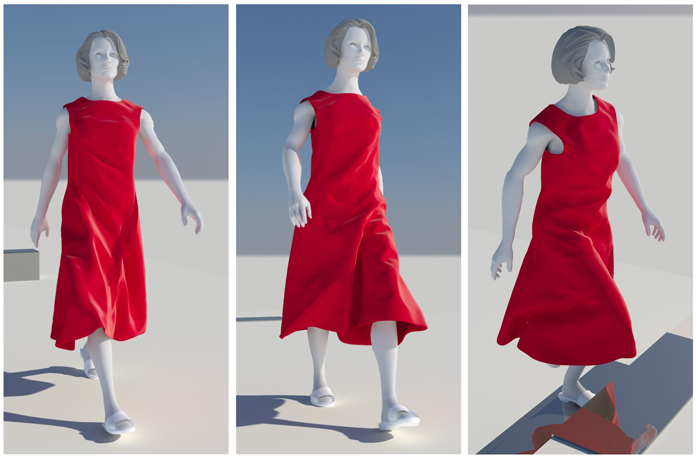
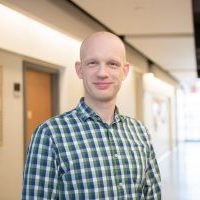
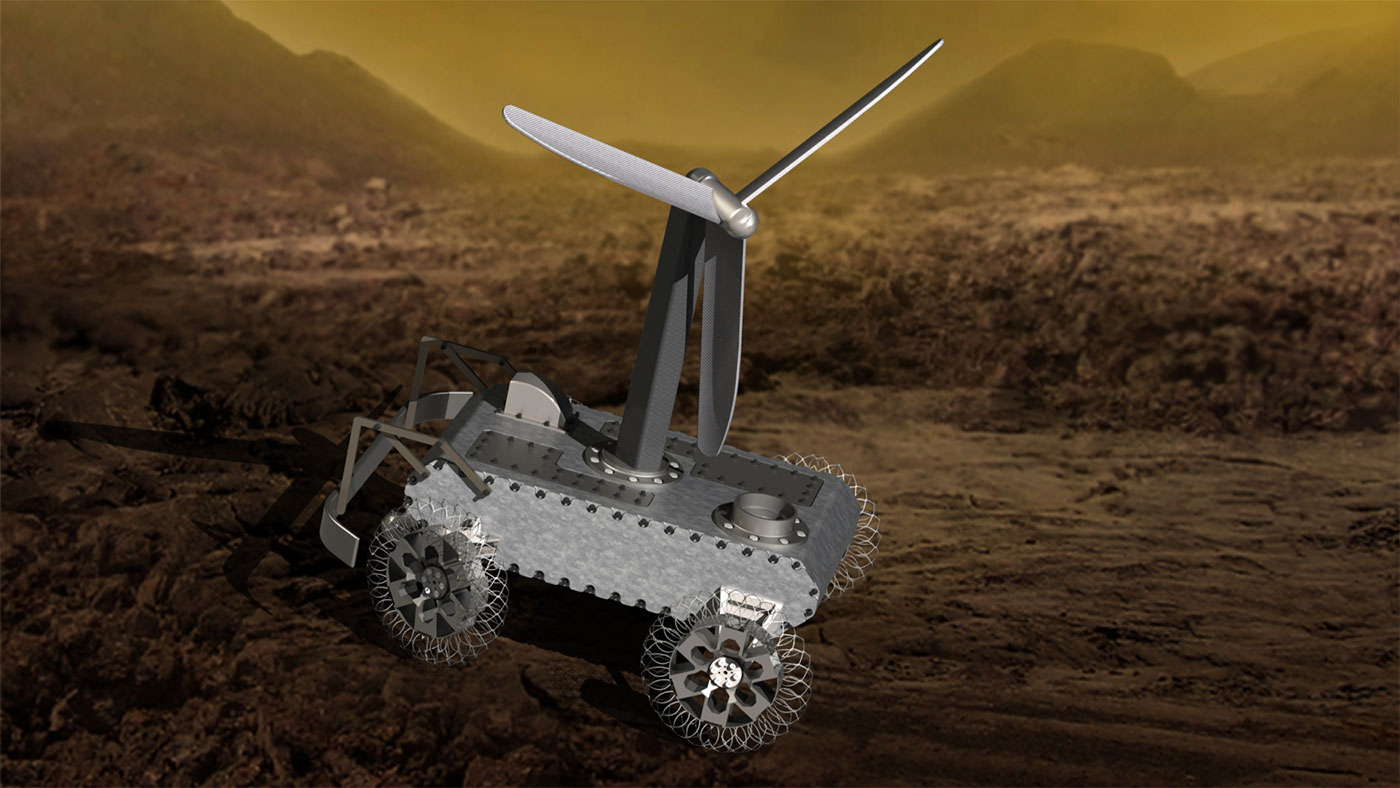
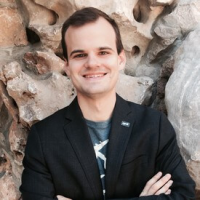
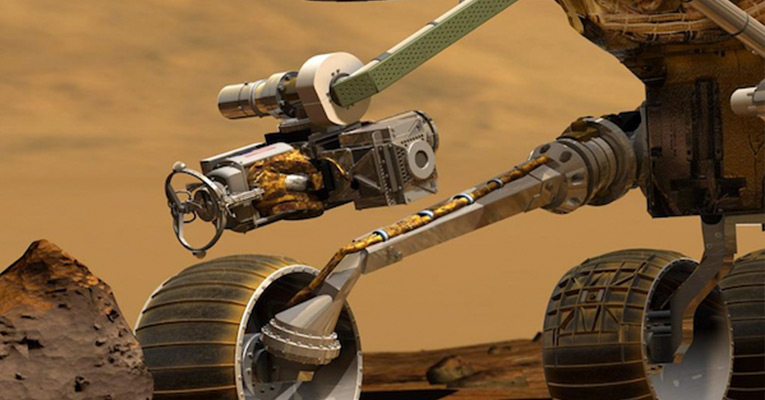

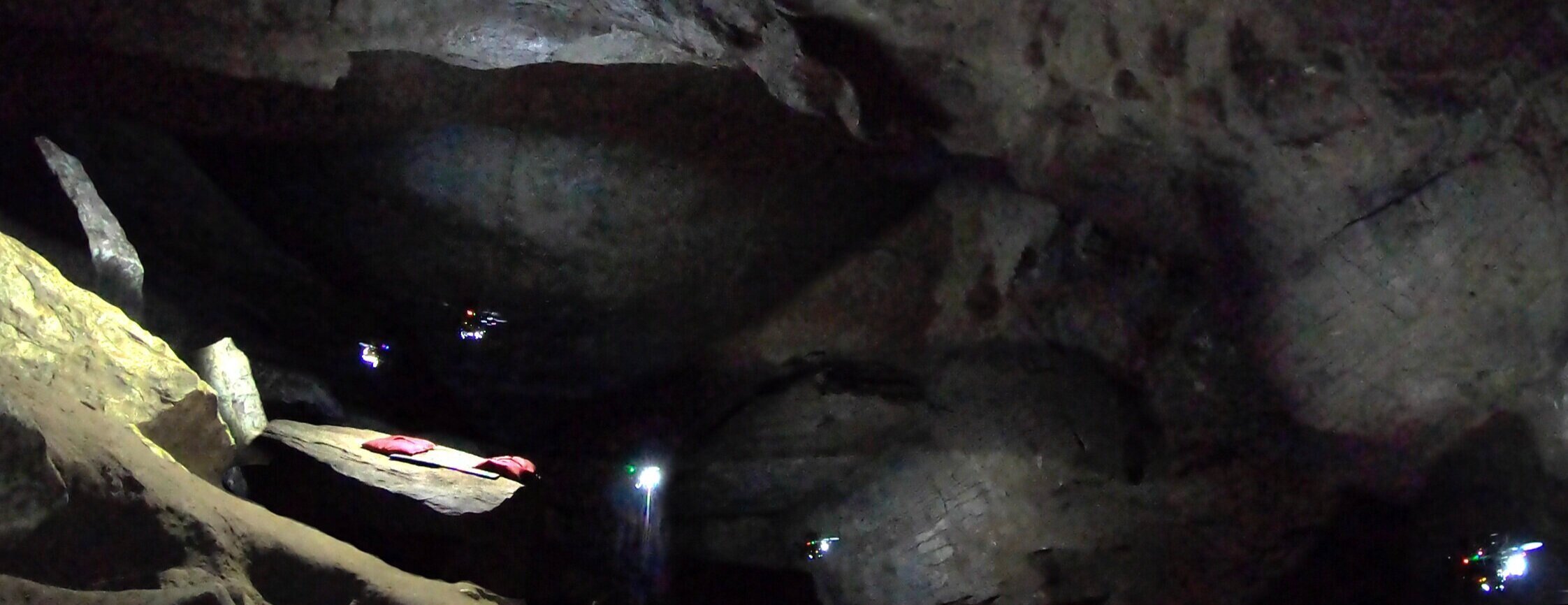
 Nathan Michael
Nathan Michael